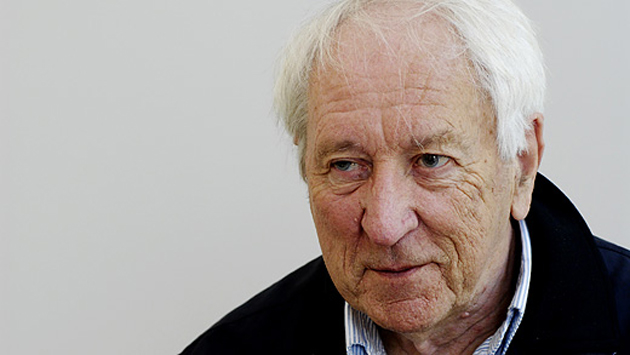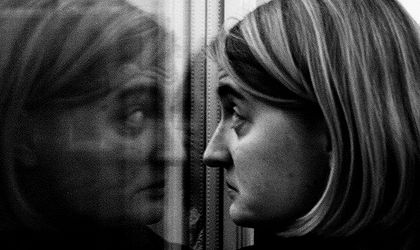Hopeful Dissatisfaction
On the day that Tranströmer was announced as winner, the book I happened to be reading was Confessions, by Augustine. I mention this for a reason: if the Nobel Prize for Literature was already being given in the 5th century, I believe Augustine would possibly have received it for his writing.
07 FEBRUARY 2015 · 23:50 CET

The Swedish poet Tomas Tranströmer was elected recipient of the 2011 Nobel Prize for Literature. He was born in Stockholm in 1931 and published his first collection of poems at age 23. In 1990 he suffered a stroke and ever since he has been unable to speak. His prolific work has been translated to over 50 languages and was described by the Nobel committee as able to craft “condensed, translucent images” which “gives us fresh access to reality.” [1]
On the day that Tranströmer was announced as winner, the book I happened to be reading was Confessions, by Augustine. I mention this for a reason: if the Nobel Prize for Literature was already being given in the 5th century, I believe Augustine would possibly have received it for his writing.
More than a hundred titles are accredited to Augustine. The most well known, Confessions, was written between 397 and 398. It has been described as the first Western autobiography and has been widely acclaimed across the centuries by its innovative style and depth of content.
The Confessions’ most popular lines are probably “(…) you have made us for yourself, O Lord, and our hearts are restless until they rest in you.” [2] I wonder what you think about these words that Augustine utters to God.

In my view, he speaks of what I’d portray as a hopeful dissatisfaction. He refers to the human condition in which our beings seek what they naturally do not have: true rest. For this reason it’s a dissatisfaction. But Augustine also affirms that the existential rest we long for can be found in God. So it’s hopeful.
Augustine’s words echo a common biblical theme. In the Old Testament we read:“For He has satisfied the thirsty soul, and the hungry soul He has filled with what is good.” [3] In the New Testament, we find Jesus himself affirming this reality in numerous occasions. A couple of examples are:“Come to me, all of you who are weary and carry heavy burdens, and I will give you rest.” [4] And “if anyone is thirsty, let him come to me and drink.” [5]
The Christian view, therefore, recognizes that we’re not entirely ourselves until we’re reconnected to our creator. We’re not totally rested, until we rest in him. We’ll never be fully satisfied, until we’re fully joined with him. There’s hope to the human dissatisfaction, the Bible insists.
C. S. Lewis, the renowned Oxford professor and author of the “Chronicles of Narnia”, resonated with the biblical idea and Augustine’s words when writing: “if I find in myself a desire which no experience in this world can satisfy, the most probable explanation is that I was made for another world.” [6]
No success, wealth, relationship, intellectualism or even Nobel Prizes will eradicate our discontent, for “you have made us for yourself, O Lord, and our hearts are restless until they rest in you.” [7]
________________________________________
[1] “The Nobel Prize in Literature 2011 – Press Release”. Nobelprize.org. 10 Oct 2011.http://www.nobelprize.org/nobel_prizes/literature/laureates/2011/press.html
[2] Augustine, Confessions, Book I, Chapter 1
[3] Psalm 107:9
[4] Matthew 11:28
[5] John 7:37
[6] C.S. Lewis, Mere Christianity
[7] Augustine, Confessions, Book I, Chapter 1
Published in: Evangelical Focus - On the Journey - Hopeful Dissatisfaction
